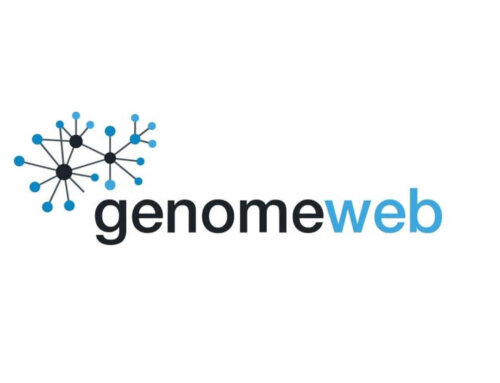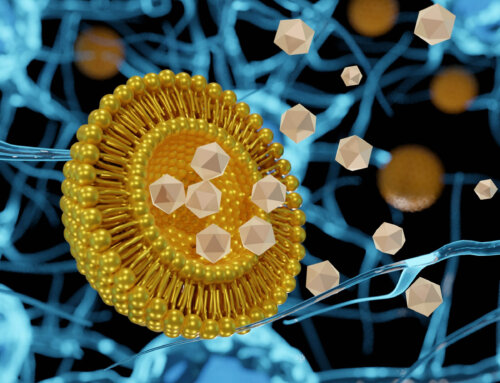The Future of Cannabis is Supported by Science & Technology
By John Shearman, Vice President of Marketing and Cannabis Business Lead, Applied DNA Sciences
Science and technology have led us forward in humankind’s evolution since discovering the wheel and Galileo introducing us to the beginning of modern science. Cannabis, has been with us in some form or another during that entire time. It is not the first thing you think of when you consider the leading edges of advanced technology, but your college roommate’s buddy, just might have been holding the first commercial intersection of genomics, AI, IoT and blockchain.
It has been no secret that the endocannabinoid system is responsible for the regulation of numerous aspects of neuronal activity. Yet scientists are still discovering the unique benefits cannabis can offer for human wellness across many ailments with cannabidiol (CBD) and tetrahydrocannabinol (THC) being the most famous, but far from the only cannabinoids at work in the humble plant. We are just beginning to unleash the cannabis plant’s potential and understand its interaction with the human body.
If we leave the science lab and look at how advanced technology will help produce safer, higher-quality products, we can see there is a huge future for cannabis. Cannabis ultimately is still a plant and can be grown outdoors in most temperate climates and indoors just about anywhere. Cannabis is also an incredibly fussy plant; it requires a large amount of water and pristine growing conditions to reach peak quality. Large commercial facilities need multiple environmental systems, GMP standards and other systems to ensure that the product is free from pesticides, powdery mildew and other harmful pests that can be dangerous or even fatal if imbibed. That is only half the battle however, now you must get that safe, tested product to market, in a sea of products that may not have the same rigor or legal pathways as yours.
The future filled with utilizing advanced technologies such as IoT, AI, big data and analytics to capture and document a unique molecular signature on products allowing business to identify and track strains and products across global supply chains.




